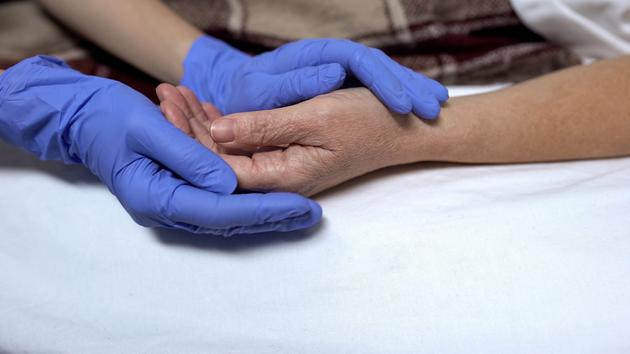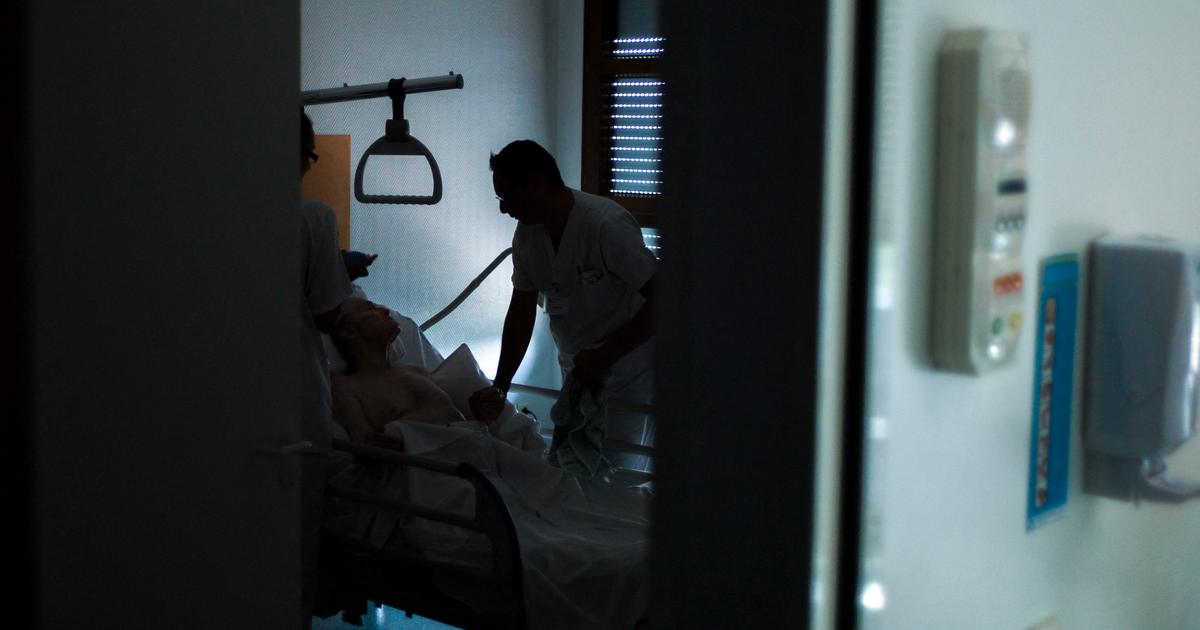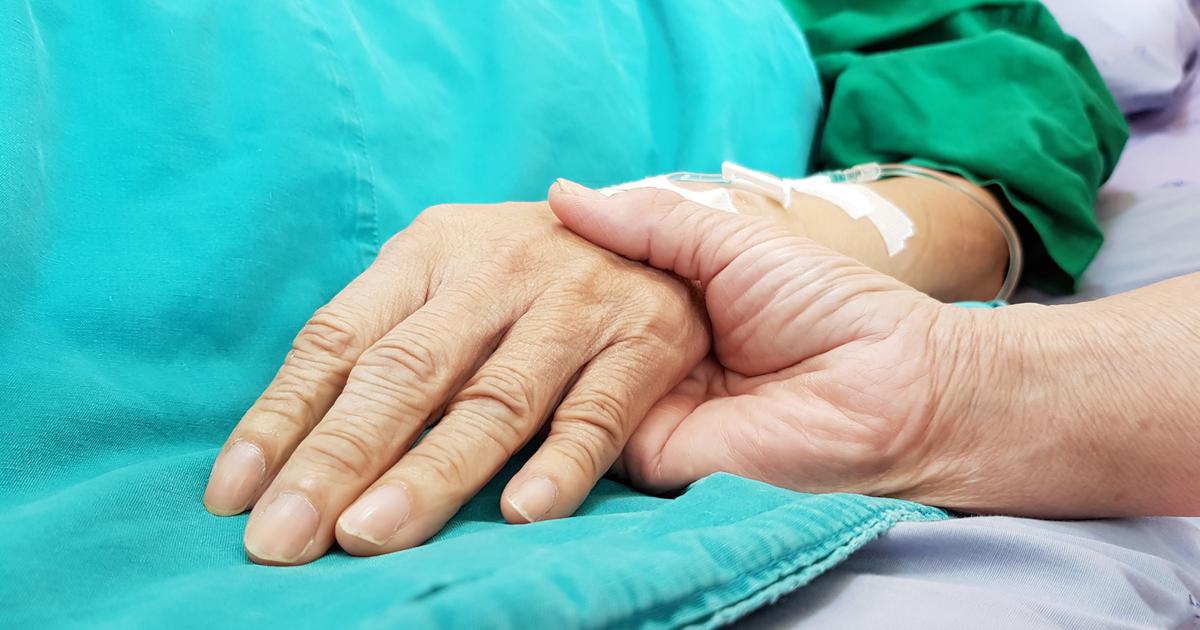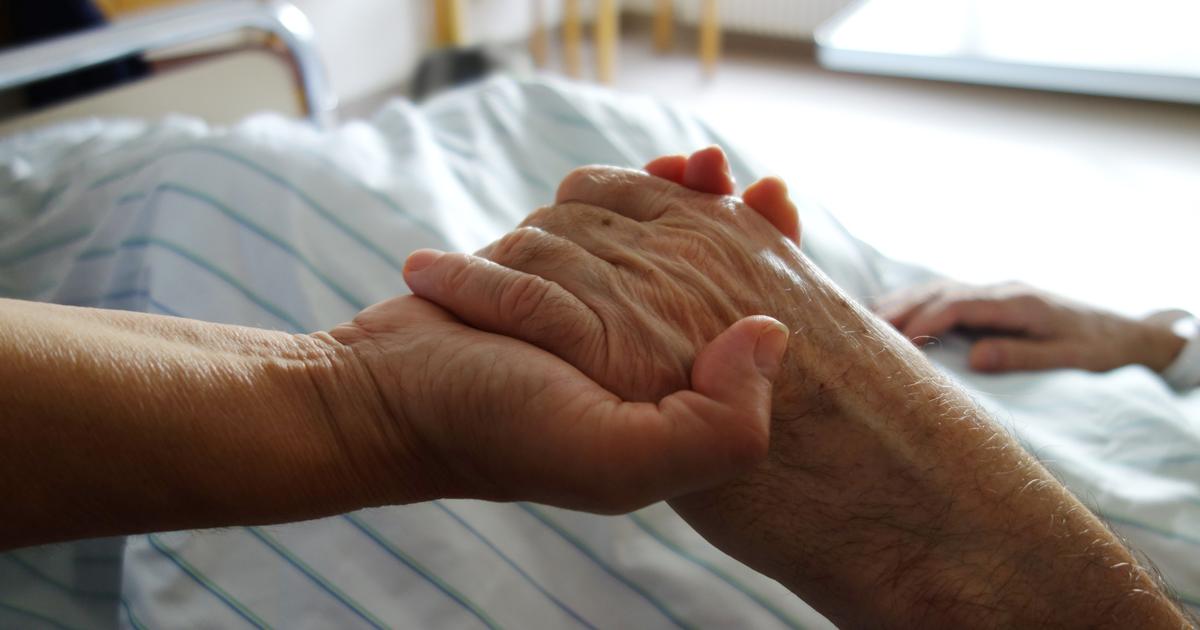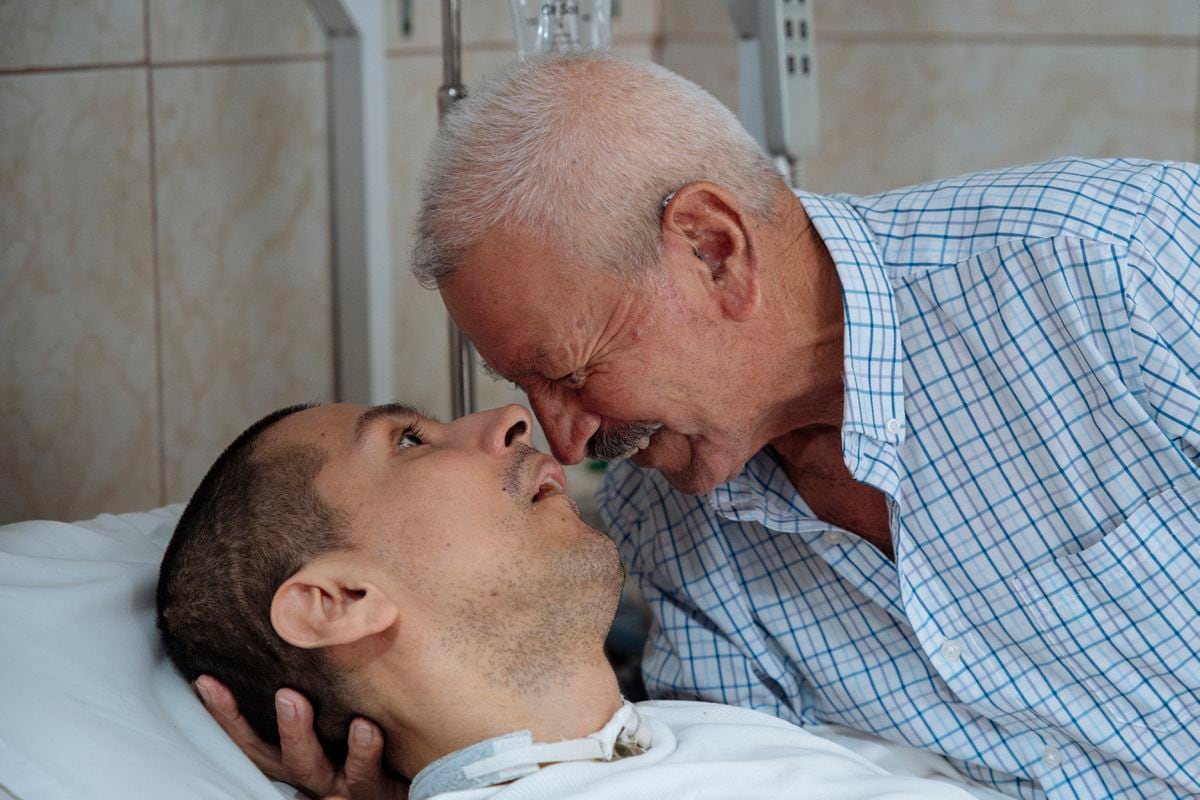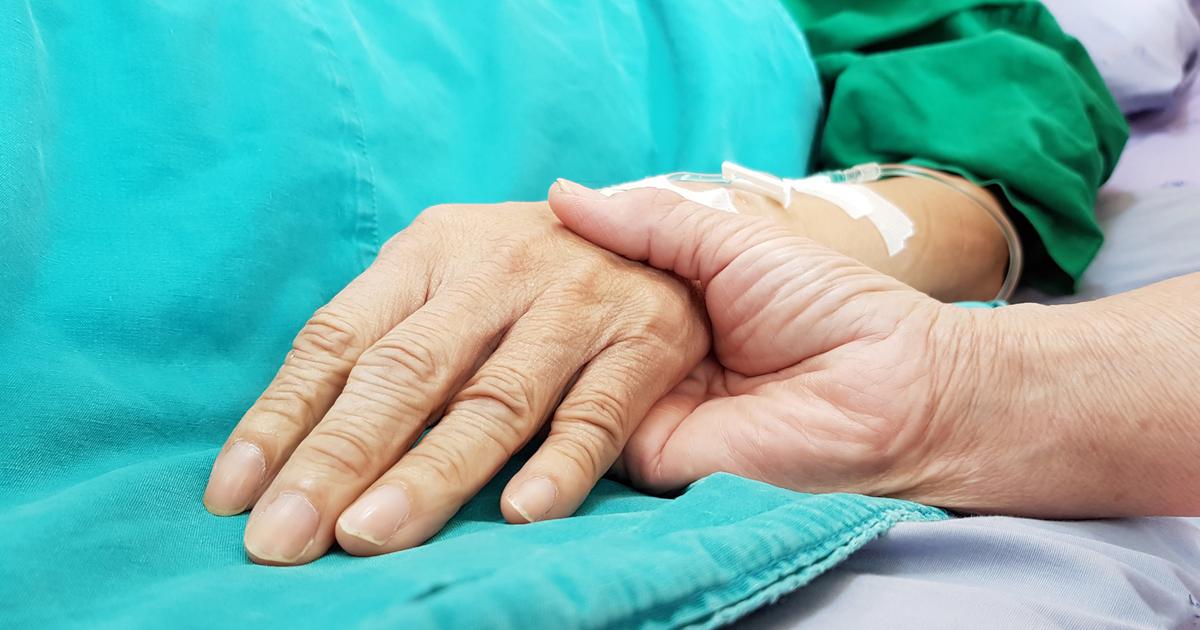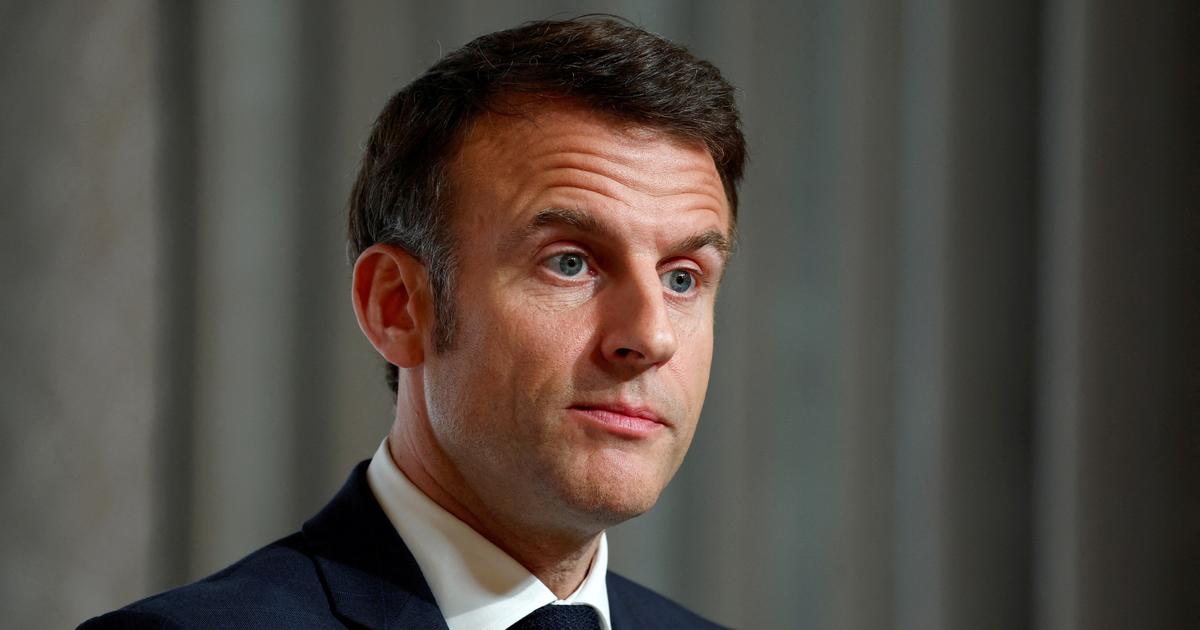For a year, health personnel and firefighters have been fighting and exposing themselves to save lives.
For a year, our fellow citizens have accepted to see their freedoms put on hold, whether it is the freedom to come and go, to meet or to demonstrate.
For a year, to get out of this deadly atmosphere as quickly as possible, we have sacrificed our economic, social and cultural activities.
We deplore the daily loss of 250 people.
Yet this is the moment that MPs choose to demand the legalization of euthanasia and assisted suicide.
A strange, incongruous, provocative and contemptuous initiative for all those who fight every day to save lives and engage in the service of the weakest and most vulnerable among us.
This initiative copies Belgian legislation with rules which, on many points, even go beyond the legislation of Overseas-Quiévrain.
While claiming the expression of an ultimate freedom of the individual, this text relies completely on the medical power.
By using the expression “medical assistance in dying”, he refuses to use the words euthanasia and assisted suicide.
It is very imprecise on the modalities of the procedure, whereas these are the constitutional guarantees of personal freedom, the right to life.
The publication last January by
The Journal of Medicine and Philosophy
of an article on euthanasia in Belgium showed the excesses of this legislation.
Who will be led to believe that, out of 25,000 euthanasies since 2002 in Belgium, there has been only one ground for referral to the prosecution?
Doctors little trained in the matter, very broad interpretation of the field of mental suffering, deadlines not respected, failure to consult a second doctor, euthanasia on people who did not request it, absence of declarations of euthanasia in a third of cases, doctors' self-control, are the most glaring illustrations of deviant practices that are presented as exemplary.
For example, the euthanasia of two 45-year-old twin brothers who were born deaf or that of a 44-year-old person suffering from anorexia were overlooked.
It is distorting reality to argue that the legalization of euthanasia in Belgium has gone hand in hand with the development of palliative care.
It is also distorting reality to argue that the legalization of euthanasia in Belgium has gone hand in hand with the development of palliative care.
On the contrary, there is a saturation of existing units, a reduction in the length of stay, the creation of palliative care units outside this framework, a lack of training for caregivers, not to mention a gradual substitution of palliative care by the process. euthanasia.
At a time when we claim to fight against separatism in society, the risk would be great to see, as with our neighbors, doctors, services and establishments to comply with this logic, while others would refuse.
Shouldn't caregivers share the same essential values?
We are fortunate to have a social health protection model in France that puts the patient at the center of its project.
Euthanasia would destroy this whole edifice.
Beyond these drifts, the legalization of euthanasia in no way responds to the feeling of abandonment of patients at the end of their life, nor to their isolation.
It generates deep imbalances in an aging society, deprived of benchmarks today and falling into madness tomorrow.
Wouldn't the most fragile end up internalizing the rejection of which they are the object of the strongest, the young and the healthy?
What would be the credibility of a suicide prevention policy if “at the same time” the law admitted assisted suicide?
Active assistance in dying would bring about a major upheaval in the relationship to care.
Telling a person that they are right to want to die would not be another step in the law.
It would be to take a whole other path which is a red line.
Proponents of euthanasia and assisted suicide start from the premise that the solution to suffering is death, as if the problem could be got rid of by getting rid of the patient.
Proponents of euthanasia and assisted suicide start from the premise that the solution to suffering is death, as if the problem could be got rid of by getting rid of the patient.
They have the theoretical vision of an abstract being, master of his own destiny, while the pandemic invites us to humility and the patient by nature is vulnerable, ambivalent and easily influenced.
Ultimate argument of the defenders of euthanasia: the meaning of history.
States that have not legalized euthanasia are said to be lagging behind a European avant-garde embodied by the Benelux.
The reasoning is specious, each country acting with its convictions, its culture and its values.
However, we must admit the reality of evil dying in our society and offer answers to those who fear the end of life in suffering.
While the Minister of Health's announcement of a new palliative care plan is to be welcomed, it comes after two years of inaction.
The laws of 2005 and 2016 increased the rights of patients at the end of life, but everything remains to be done to better disseminate the palliative culture through a major training effort in order to adapt the medical culture to the challenges of the end of life.
In addition, the act that saves is currently emphasized more than the act that relieves and takes time.
Compared to medicine that cures, palliative medicine is less well regarded, so we need to review our health financing system, giving priority to the overall care of the patient rather than the sole treatment of his disease.
Finally, ensuring an equal distribution between hospital structures and home care throughout the territory is a priority.
It is in these three demanding directions that we must take, in preference to a risky path of which we now know all the risks, resulting in 12,000 euthanasies per year, if we transpose to France the practices followed in Flanders.
Nathalie Bassire
Thibault bazin
Xavier Breton
Jacques Cattin
Gerard Cherpion
Josiane Corneloup
Francois Cornut-Gentille
Philippe Gosselin
Patrick Hetzel
Guillaume Larrivee
Marc Le Fur
Philippe Meyer
Didier Quentin
Julien ravier
Frederic reiss
Jean-Louis Thiériot
Charles de la Verpillière

